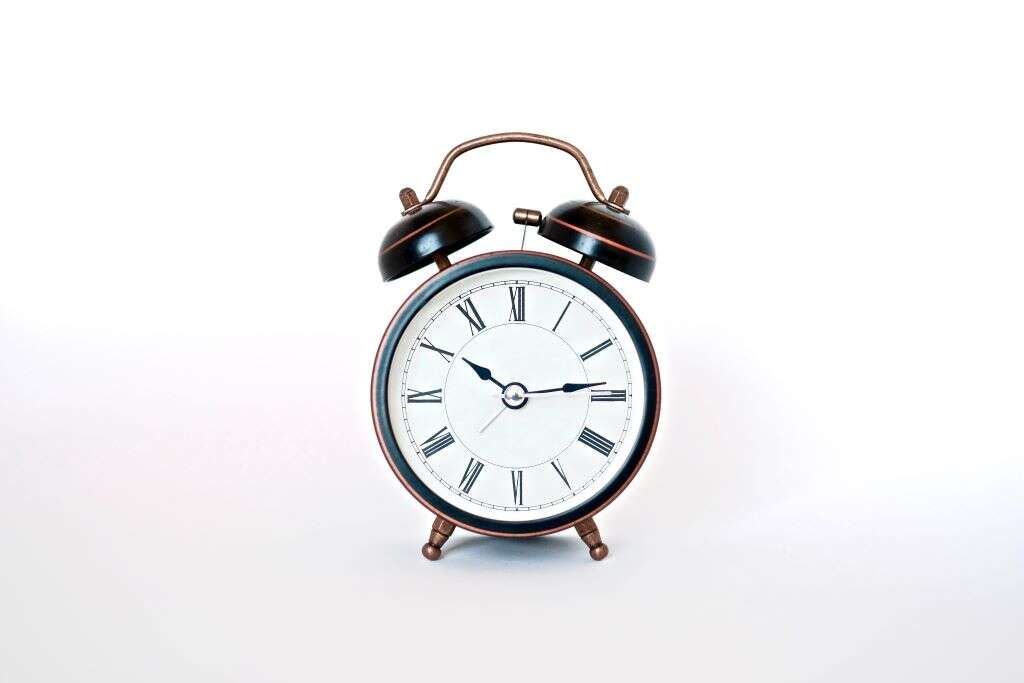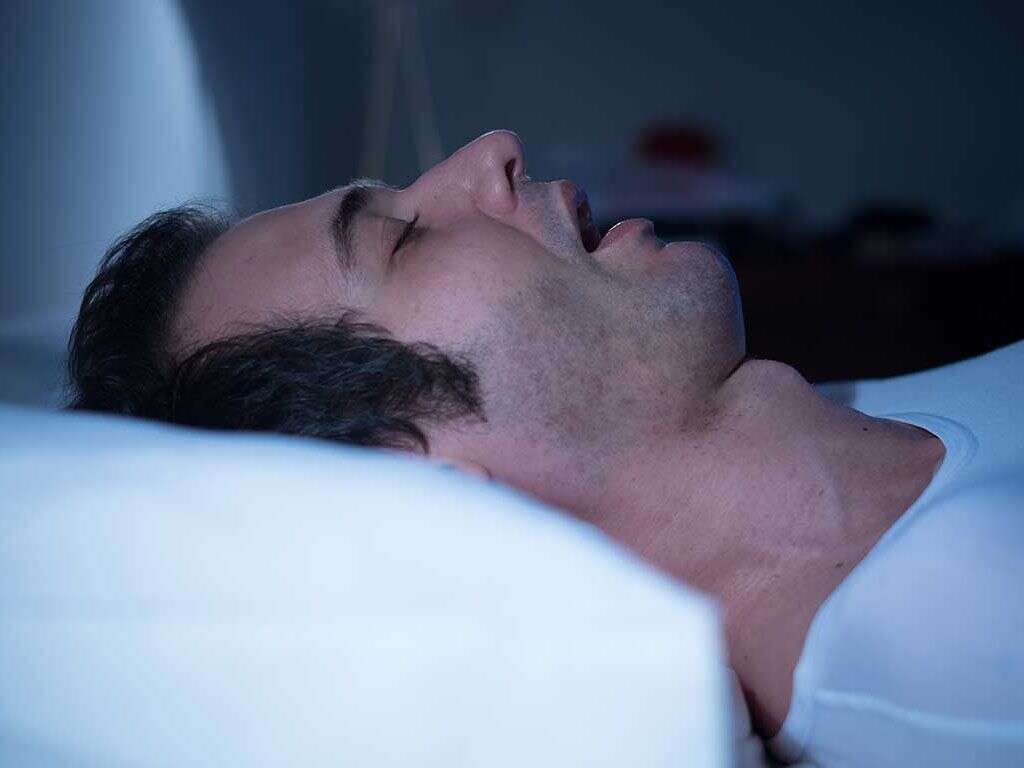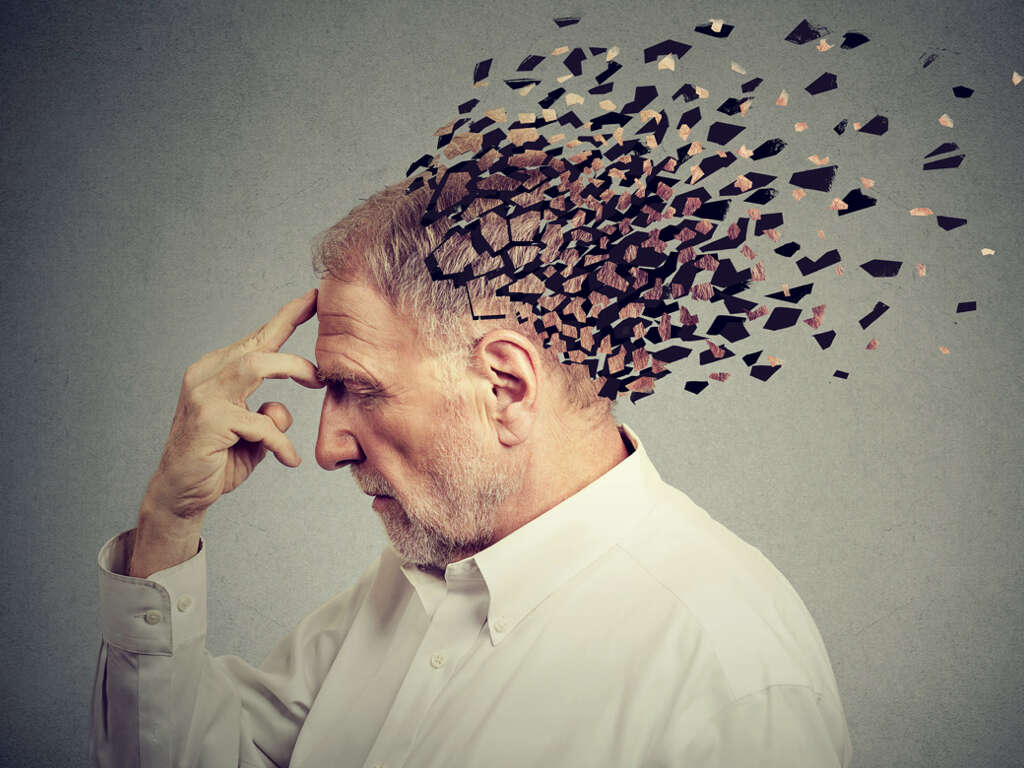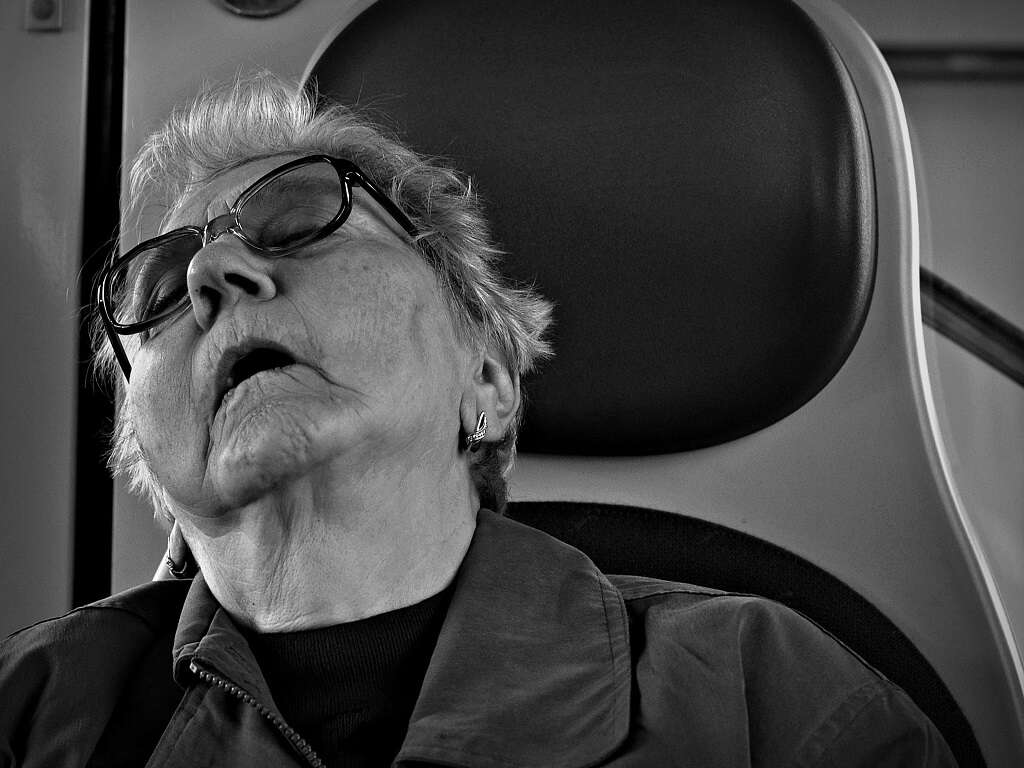What Is REM Sleep?
 Article Sources
Article Sources
- 1. 'Sleep Basics: REM & NREM, Sleep Stages, Good Sleep Habits & More.' Cleveland Clinic, my.clevelandclinic.org/health/articles/12148-sleep-basics.
- 2. Eagleman, David, et al. 'Why Do We Dream? A New Theory on How It Protects Our Brains.' Time, time.com/5925206/why-do-we-dream.
- 3. 'Dreaming Also Occurs during Non Rapid Eye Movement Sleep.' ScienceDaily, www.sciencedaily.com/releases/2016/08/160809121817.htm.
- 4. 'Stages of Sleep.' Sleep Foundation, www.sleepfoundation.org/how-sleep-works/stages-of-sleep.
- 5. 'Dreams: FAQ.' Dreamresearch.net, University of California, Santa Cruz, dreams.ucsc.edu/FAQ.
- 6. ASA Authors & Reviewers Sleep Physician at American Sleep Association Reviewers and Writers Board-certified sleep M.D. physicians. 'REM Sleep: Why Is It Important?' American Sleep Association, www.sleepassociation.org/about-sleep/stages-of-sleep/rem-sleep.
- 7. Publishing, Harvard Health. 'Repaying Your Sleep Debt.' Harvard Health, Harvard University, July 2007, www.health.harvard.edu/fhg/updates/Repaying-your-sleep-debt.shtml.
- 8. 'Nightmares: Symptoms, Causes, & Treatment.' Sleep Foundation, 9 Oct. 2020, www.sleepfoundation.org/nightmares.
REM sleep refers to a stage of sleep that occurs every 90 to 110 minutes in which a person can experience vivid dreams, high brain activity, muscular paralysis and rapid eye movement. It occurs more often in children and happens less often as people age. A number of factors can affect REM, including smoking and drinking habits.1‘Sleep Basics: REM & NREM, Sleep Stages, Good Sleep Habits & More.’ Cleveland Clinic, my.clevelandclinic.org/health/articles/12148-sleep-basics.
The research is ongoing about the biological purpose of REM sleep, but there are a number of theories as to why humans and other mammals experience it. Reigning theories include memory building and skill retention.

1. Why Do We Dream?
REM sleep is the stage of sleep in which a person is most likely to dream. The exact reason why dreams occur is unknown, and new theories are constantly being posted by researchers and scientists. Whether it's to form long and short-term memories, practice muscle memory and skills learned through the day or go through survival scenarios, such as dreams of getting chased by wolves, is unclear.
A new theory from neuroscientists postulates that dreams are intended to bolster the activity of the visual cortex of the brain, which would otherwise be inactive at night.2Eagleman, David, et al. ‘Why Do We Dream? A New Theory on How It Protects Our Brains.’ Time, time.com/5925206/why-do-we-dream.

2. Sleep Stages 1 & 2
In adults, sleep occurs in 90 to 110-minute cycles, with each cycle containing three non-REM stages and one stage of REM sleep. Stage 1, known as light sleep, only lasts around 1 to 5 minutes. When woken up during this stage, people typically are unaware they were asleep, and it's usually quite easy to wake them.
Stage 2 lasts for 25 minutes to an hour, increasing in length as more cycles pass over the course of a night. It's harder to wake people up during this stage.4‘Stages of Sleep.’ Sleep Foundation, www.sleepfoundation.org/how-sleep-works/stages-of-sleep.

3. Sleep Stages 3 & 4
The third stage of sleep is deep sleep or delta sleep, as the brain creates slow, delta waves. During stage 3, the body's cells repair and regenerate. This stage is the hardest to wake someone from, and those woken may be confused and disorientated for a few moments.
The final stage is REM sleep. During this stage, brain activity is at the same level as someone who is awake, but the muscles are paralyzed, except in cases of sleepwalkers.4‘Stages of Sleep.’ Sleep Foundation, www.sleepfoundation.org/how-sleep-works/stages-of-sleep.

4. Dreams During REM
Dreams during REM are usually experienced more intensely than the dreams that occur during non-REM stages, which makes them more vivid and easier to remember. While it was previously believed that dreams were only experienced during the REM stage, studies have shown that dreams can also happen during non-REM stages.3‘Dreaming Also Occurs during Non Rapid Eye Movement Sleep.’ ScienceDaily, www.sciencedaily.com/releases/2016/08/160809121817.htm.
It's estimated that the average person experiences several dreams per night, contrary to the popular belief that many more dreams occur. Dreams can last from about 5 minutes to about 50 minutes.5‘Dreams: FAQ.’ Dreamresearch.net, University of California, Santa Cruz, dreams.ucsc.edu/FAQ.

5. Paradoxical Sleep
The REM stage of sleep has been referred to as paradoxical sleep because the brain activity closely resembles that of a waking person. Most mammals and some birds and reptiles experience REM sleep.
Not only is the brain lit up in all of its various regions for taste, smell, touch, sight and sound, but brain energy can also be equal to or exceed normal energy consumption levels, meaning the brain can use more energy when asleep than when awake.6ASA Authors & Reviewers Sleep Physician at American Sleep Association Reviewers and Writers Board-certified sleep M.D. physicians. ‘REM Sleep: Why Is It Important?’ American Sleep Association, www.sleepassociation.org/about-sleep/stages-of-sleep/rem-sleep.

6. Good Sleep Habits
Experiencing REM sleep is important, as is experiencing all of the stages of sleep. Good sleep habits can help ensure the brain and body get the rest they need. Sleep helps repair the body and bolster the immune system, as well as helping the brain form long-term memories and retain skills learned throughout the day.
Good sleep habits include going to bed at the same time every night, reducing exposure to blue light in the hours before sleeping and exercising every day.1‘Sleep Basics: REM & NREM, Sleep Stages, Good Sleep Habits & More.’ Cleveland Clinic, my.clevelandclinic.org/health/articles/12148-sleep-basics.

7. Why REM Sleep is Important
REM sleep is believed to be imperative to the brain's ability to remember things, but it only accounts for about 20 percent of the sleep the average person experiences nightly. Babies can spend up to half of their sleep in the REM stage. Brain activity is significantly increased during this stage, when muscle memory and physical skills learned during the day consolidates.
Missing out on the REM stage of sleep or inhibiting it can have negative effects on memory-building and skill retention.4‘Stages of Sleep.’ Sleep Foundation, www.sleepfoundation.org/how-sleep-works/stages-of-sleep.

8. Inhibiting REM Sleep
Consuming drugs and alcohol can inhibit the REM sleep stage. Research shows that cannabis use can reduce the amount of REM sleep a person experiences at night, which lessens the chances of them dreaming and remembering their dreams.
Alcohol and tobacco use can also affect the REM stage of sleep. Drinking alcohol before bedtime reduces REM sleep, and has a negative impact on non-REM sleep as well. Smokers might wake up prematurely, have interrupted sleep and spend less time in the REM stage.1‘Sleep Basics: REM & NREM, Sleep Stages, Good Sleep Habits & More.’ Cleveland Clinic, my.clevelandclinic.org/health/articles/12148-sleep-basics.

9. REM & Sleep Debt
Sleep debt refers to fatigue, lack of focus and other negative effects that occur as a result of someone not getting enough sleep every night. Missing out on the REM stage can affect a person's job performance, general physical ability, focus and reaction times.
A number of things can help alleviate a person's sleep debt, including going earlier to bed, taking naps during the day and reducing caffeine intake, but it's still important to get enough sleep every night.7Publishing, Harvard Health. ‘Repaying Your Sleep Debt.’ Harvard Health, Harvard University, July 2007, www.health.harvard.edu/fhg/updates/Repaying-your-sleep-debt.shtml.

10. Nightmares in REM Sleep
While dreams have been shown to possibly affect skill retention and memories, it's still unknown why people experience nightmares during the REM stage of sleep, or at all for that matter. However, it has been found that nightmares are more likely to occur when a person is experiencing stress or anxiety during waking hours. Nightmares affect children more often than adults.
Sleep scientists have theorized a number of reasons why we might have nightmares, but there is no certain explanation.8‘Nightmares: Symptoms, Causes, & Treatment.’ Sleep Foundation, 9 Oct. 2020, www.sleepfoundation.org/nightmares.











